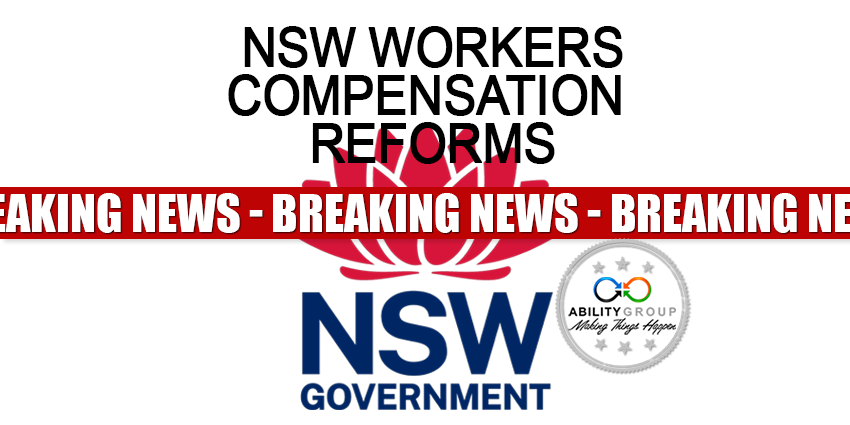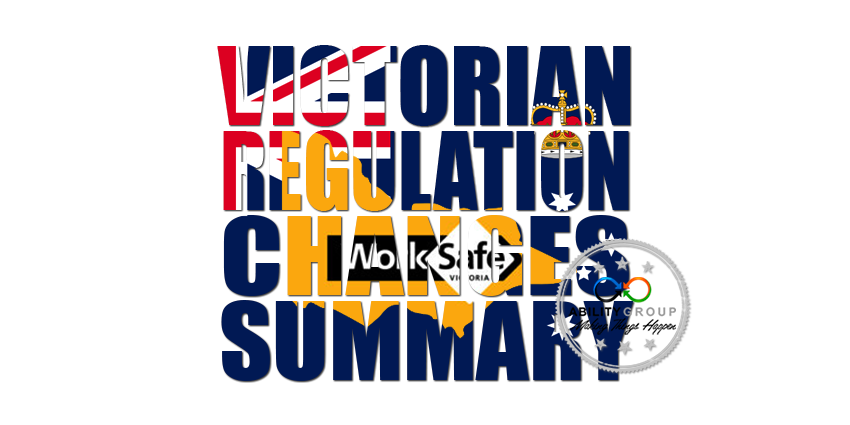
by Marc Ring | May 27, 2025 | Reforms, Workers Compensation
The NSW Government has introduced significant NSW workers compensation reforms, aiming to modernise protections for employees while ensuring sustainability for businesses. We summarise NSW Government’s key workers compensation Protecting Workers Compensation for Future Generations changes and how they will directly impact employers, insurers, and workers across the state. and importantly highlight What It Means for Your Business.
(more…)

by ABILITY GROUP | May 18, 2025 | Claim management, Claims, Injured Worker, Injury Management, Premium, Reforms, Workers Compensation
As summer approaches, it’s time to review and renew your policies. June marks a critical period for policyholders, and we’re here to ensure your coverage continues seamlessly, whether you’re renewing a business insurance plan, updating your health coverage, or reviewing your property protection.
(more…)

by Marc Ring | May 11, 2025 | Claim costs, Injury Prevention, Mental Health, Work Health & Safety, Workers Compensation
As the End of Financial Year (EOFY) approaches, businesses across Australia prepare to celebrate achievements, reward teams, and reflect on the year’s progress. EOFY workplace celebrations are a fantastic way to boost morale and strengthen company culture, but safety must remain a top priority.
At ABILITY GROUP, we’re committed to helping organisations create safe, inclusive, and compliant work environments. That includes making sure EOFY events are enjoyable without compromising wellbeing or legal obligations.
(more…)

by Marc Ring | Apr 29, 2025 | Reforms, Workers Compensation
The NSW workers’ compensation scheme is facing significant financial challenges, with projections indicating it may only remain sustainable for another two years without substantial reforms. This situation has serious implications for employers, as potential changes could affect insurance premiums, claims processes, and overall compliance requirements.
(more…)

by Marc Ring | Apr 14, 2025 | Reforms, Workers Compensation
The Victorian Government has introduced the Workplace Injury Rehabilitation and Compensation Amendment Bill 2025, aiming to enhance the fairness and quality of Victoria’s workers compensation system. Introduced to Parliament on 4 March 2025, Victorian Regulation changes relate to return to work coordinator obligations and an increase in child pension. We outline the key changes and their implications for businesses…?
(more…)

by ABILITY GROUP | Apr 7, 2025 | Claim management, Work Health & Safety, Workers Compensation
At ABILITY GROUP, we understand the importance of maintaining safe and compliant workplaces. In each state & territory, there are different governing bodies. In NSW, a key government body created to help ensure compliant workplaces is the State Insurance Regulatory Authority (SIRA). We therefore explain what SIRA is and what SIRA employer supervision.
(more…)






